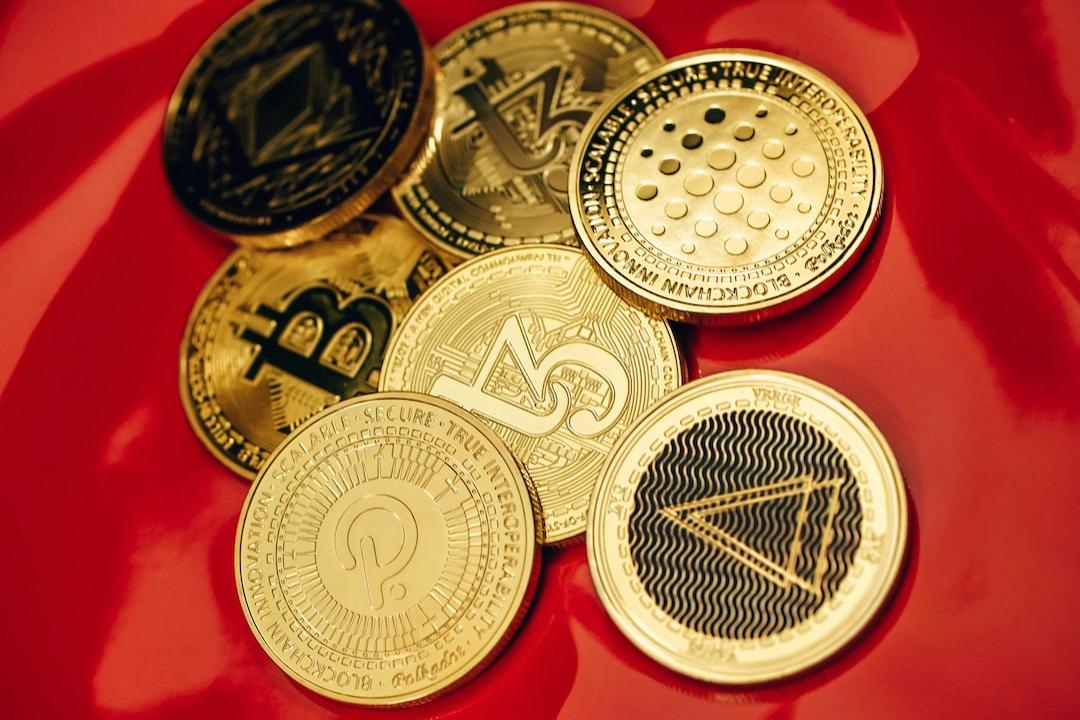What Happened?
Recently, many cryptocurrency exchange users have shared in community forums that they received scam emails posing as official communications from Coinbase and Gemini exchanges.
The content of these emails primarily instructs users to transfer assets to a “self-custody wallet” and provides a recovery phrase to set up the wallet. If users follow the steps in the email, their assets will be controlled by the scammers.
According to a report from blockchain security company CertiK, phishing attacks related to cryptocurrencies have caused significant losses to users, with even company founders falling victim to these sophisticated scams.
Users Frequently Receive Scam Emails Posing as Exchanges
Recently, many cryptocurrency traders have shared in online communities that they received scam emails impersonating exchanges like Coinbase and Gemini. The emails instruct users to transfer their assets to a “self-custody wallet” and use a pre-set “recovery phrase” to create the wallet. However, this is actually a well-planned scam.
In one user’s case, the email claimed that Coinbase was facing a class action lawsuit for selling unregistered securities, and the court required users to manage their own wallets. However, the U.S. Securities and Exchange Commission (SEC) had already dismissed similar charges against Coinbase on February 27, 2025.
The email also included instructions to download the official Coinbase Wallet and provided a pre-generated recovery phrase. Once users set up the wallet using these recovery phrases and transferred funds, the scammers could take control of the wallet and quickly steal all assets.
According to reports from foreign media, Coinbase has responded to this issue, emphasizing that the company will never proactively provide recovery phrases and warning users to “never enter recovery phrases given by others.”
Is anyone else getting the fake@coinbaseemails and texts? They’re getting increasingly sophisticated.
One is a fake verification text to get you to call a fake support number and the other is an email getting you to set up a real wallet they can drain.
Stay safe out there. pic.twitter.com/8SgjPQeUqk— Steve (@SteveKBark) March 14, 2025
How to Prevent Phishing Scams in the Cryptocurrency Space?
This type of scam is very common in the cryptocurrency world and is becoming increasingly severe. According to CertiK’s report, cryptocurrency-related phishing attacks caused users to lose $1 billion in 2024, and there were a total of 296 phishing incidents.
Phishing attacks are a common form of internet fraud where scammers impersonate legitimate institutions, companies, or individuals to trick victims into revealing sensitive information such as account passwords, credit card numbers, or downloading malicious software or clicking on harmful links, with the goal of stealing funds or infiltrating systems.
In addition, CertiK’s report also pointed out that at least three cryptocurrency company founders had been targeted by suspected North Korean hackers. These hackers would pretend to invite the founders to a meeting to discuss potential cooperation, and once the meeting started, they would claim there was an audio issue and provide a new meeting link. When the victim clicked on the link, malicious software would be secretly installed on their computer, allowing the hackers to steal data or control the device.
With scams in the cryptocurrency world being so rampant, it is difficult to avoid them completely. The best prevention method is to stay cautious. If you find an email address suspicious and it is not from an official domain, avoid clicking on any links. Additionally, recovery phrases should always be generated by the user and never shared with anyone.
For frequent traders, it is also advisable to enable “two-factor authentication” (2FA) to add an extra layer of security, even if account passwords are compromised.
Sources: Cointelegraph, AIinvest

